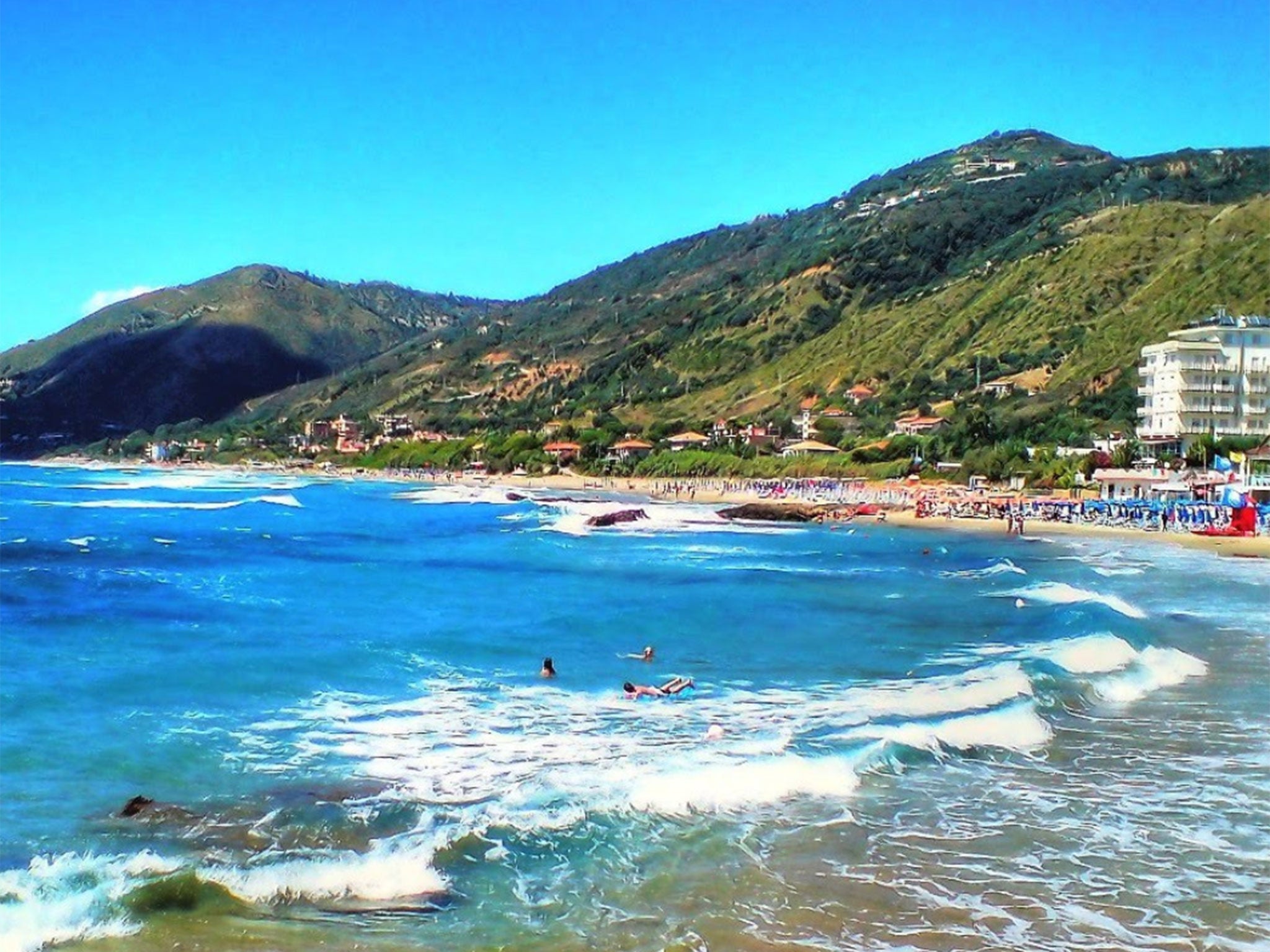The Italian town where residents live to 100 – and scientists want to know why
'The results from studying the longevity of this group could be applied to patients all over the world'

Your support helps us to tell the story
From reproductive rights to climate change to Big Tech, The Independent is on the ground when the story is developing. Whether it's investigating the financials of Elon Musk's pro-Trump PAC or producing our latest documentary, 'The A Word', which shines a light on the American women fighting for reproductive rights, we know how important it is to parse out the facts from the messaging.
At such a critical moment in US history, we need reporters on the ground. Your donation allows us to keep sending journalists to speak to both sides of the story.
The Independent is trusted by Americans across the entire political spectrum. And unlike many other quality news outlets, we choose not to lock Americans out of our reporting and analysis with paywalls. We believe quality journalism should be available to everyone, paid for by those who can afford it.
Your support makes all the difference.People living in a remote Italian town are to be studied in order to try and discover why they live so long.
Situated on the western coast of southern Italy, the town of Acciaroli has a disproportionately high number of centenarians in its population of about 2,000.
The study, to be conducted by American and Italian scientists, will attempt to find out why 300 people there have hit the 100 mark.
Acciaroli is renowned for its low rates of heart disease and Alzheimer's, but it is the first time researchers will have studied the local population.
"The goal of this long-term study is to find out why this group of 300 is living so long by conducting a full genetic analysis and examining lifestyle behaviours, like diet and exercise," Dr Alan Maisel, professor of cardiovascular medicine at the San Diego School of Medicine, said.
"The results from studying the longevity of this group could be applied to our practice at San Diego and to patients all over the world."
The villagers eat a Mediterranean diet, heavy in fish and olive oil and renowned for being healthy.
Dishes are often infused with the rosemary, a herb said to have a number of properties which could contribute towards improved health in old age.
Previous research has found that some compounds in carnosic acid - which is present in rosemary - help improve memory. Carnosic acid can also improve eye health and fend off free radical brain damage.
Other studies indicate rosemary has anti-inflammatory and tumour-fighting properties.
However, residents of Acciaroli – a town believed to have inspired Ernest Hemingway novel The Old Man and The Sea - are also believed to live longer as a result of the hiking and hill walking they do.
The study will involve tests to look at metabolomics, biomes, cognitive dysfunction and protein biomarkers for risk of heart disease, Alzheimer's, kidney disease and cancer in participants.
In addition, residents will fill in questionnaires and donate blood samples for analysis.
"This project will not only help to unlock some of the secrets of healthy aging, but will build closer ties with researchers across the globe, which will lead to more science and improved clinical care in our aging population," explained Dr Salvatore DiSomma, the lead Italian investigator and professor of emergency medicine at University of Rome La Sapienza.
Join our commenting forum
Join thought-provoking conversations, follow other Independent readers and see their replies
Comments